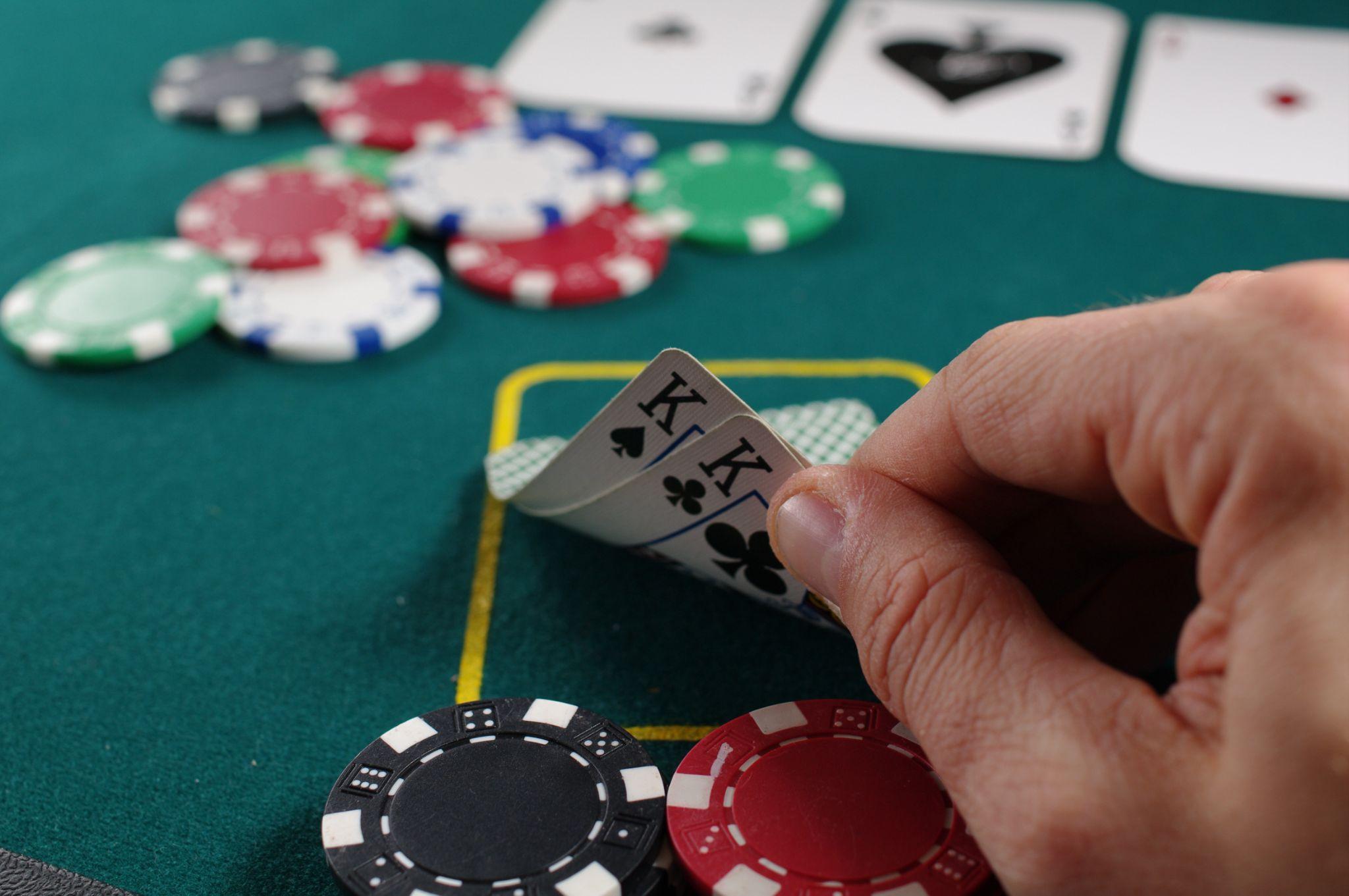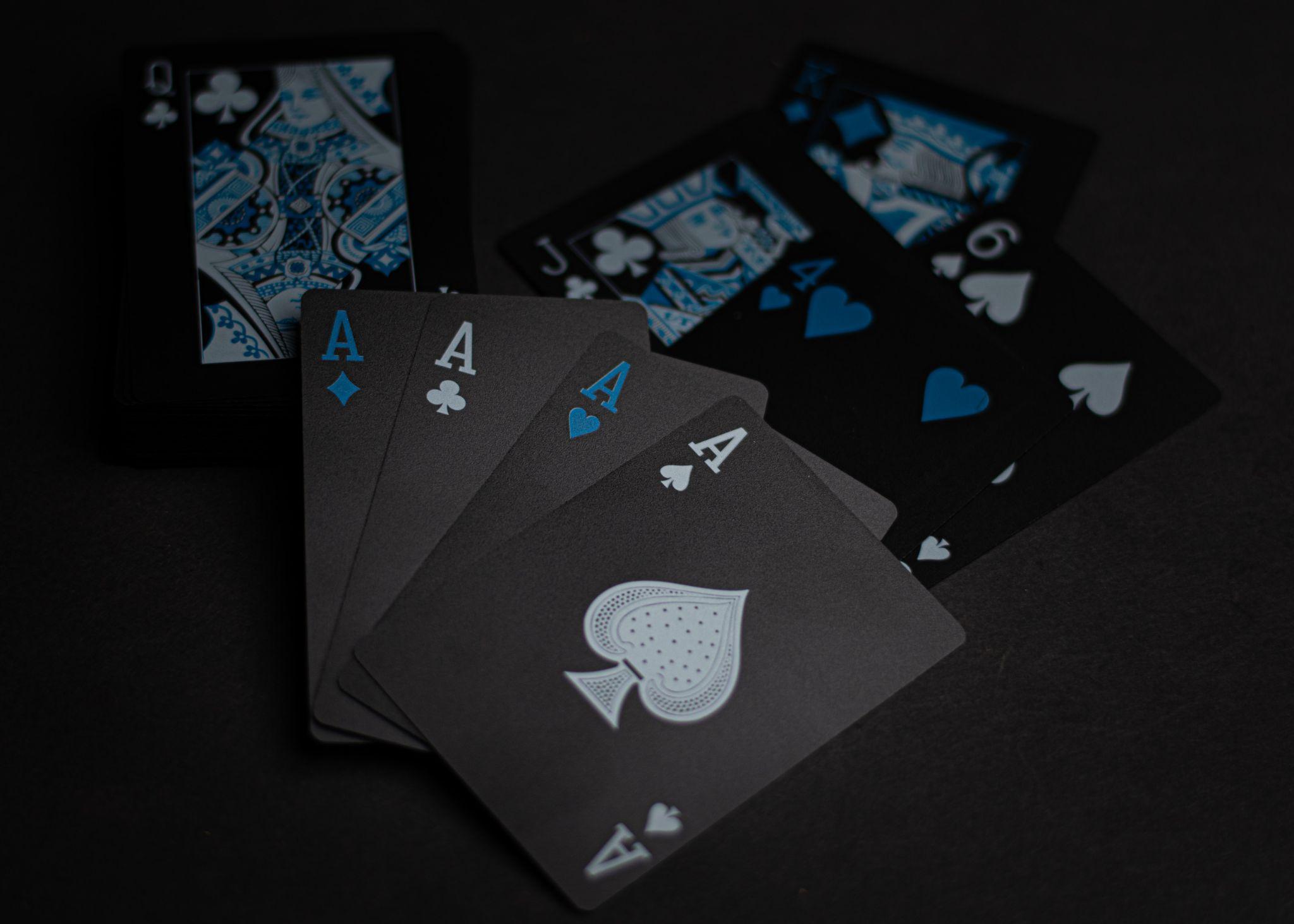
Even if you have the best hand, you can still lose in poker since it’s a game of chance and skill where the odds matter. So, developing your bluffing skills is crucial if you want to be a great player. Although some people might believe that mastering the art of bluffing is difficult, you can do it with enough practice. This article will go over some crucial advice to help you hone your poker hands bluffing abilities.
Bluffing and Poker Hands: What You Need to Know

Before you can effectively bluff your opponents, it’s important to understand the basics of poker hands. Each hand comprises five cards, ranked from highest to lowest in terms of value. A royal flush is the most substantial poker hand, followed by a straight flush, four-of-a-kind, full house, flush, straight, three-of-a-kind, two-pair, one pair, and finally, a high card. Depending on the type of poker variant you’re playing, different hands will have varying levels of importance.
Bluffing is an art form—it’s a combination of skill, strategy, and psychology. There are different types of bluffing, ranging from the obvious to the subtle. The most common type of bluff is a semi-bluff, where you’re trying to convince your opponents that you have the best hand or a strong chance of getting it. You can also try the continuation bet bluff, where you bet after the flop, even though you don’t have a great hand. The next type of bluff is the zero equity or stone-cold bluff, where you’re bluffing with a hand with no chance of winning. Lastly, an opportunistic bluff is when you use your position to take advantage of the situation.
Tips on How to Master Bluffing with Poker Hands

To ensure your way to success (both playing poker online and in real life), there are a few solid tips to keep in mind when it comes to bluffing with poker hands.
1. Study Your Opponents
As with any strategy game, it’s important to understand your opponents’ tendencies and playing styles. If you can figure out how they play in certain situations, you can better anticipate their moves and use them to your advantage when bluffing. It’s also essential to pay attention to your position. Your position in relation to the other players at the poker table is important when bluffing. If you’re in an early position, you can use a semi-bluff or zero equity bluff and try to get your opponents to fold by betting out of turn.
2. Don’t Over-Bluff
One of the most common errors novice players make is bluffing too often. It’s important to be selective about when and how you bluff, as it can easily backfire if your opponents catch on. Before attempting a bluff, there are several things to consider, such as the strength of your hand, the number of opponents in the pot, their playing styles, and the texture of the board. In a showdown, it’s usually not worth trying to bluff your opponents because they already know what you have in your hand. Instead, use your position and betting patterns to get them to fold before the cards are revealed.
3. Know When to Fold
One of the most crucial poker strategies that any player should understand is knowing when to fold during a hand. It’s usually best to merely fold when you have a bad hand rather than take a chance on losing additional poker chips. Knowing when to fold a strong hand when your opponents are most likely to call or raise is also crucial. Being able to bluff well requires knowing when to fold, and doing so will save you from making costly blunders.
4. Stay up-to-date on the Rules of the Game
Maintaining current knowledge of the rules of the poker game you are playing is crucial. You can better comprehend the game and play it with more skill if you are aware of the rules. Before beginning to play for real money, be careful to become familiar with all of the game’s variations. Check out the specifics of each poker variation, such as Texas Hold’em and Omaha, before you start playing because each has its own set of regulations. It’s also critical to be knowledgeable about any modifications to the laws that take place throughout time. To keep up with industry developments, poker rooms or casinos may frequently change their rules.
5. Practice, Practice, Practice
The only way to truly master bluffing is with practice. Start by playing online and using different types of bluffs in different situations. As you become more comfortable with the game, move on to live games and use what you’ve learned to improve your game. You can sign up for free tournaments or play at a casino if you want a more realistic experience.
Following these solid tips and mastering the art of bluffing will make it easier to win poker games with your strong hands and even when you don’t have them. Being able to outthink your opponents is an invaluable skill in any poker game and will help you win more often. Ready to play the poker game? Check out GGPoker. They offer several games and different levels to suit everyone’s needs. So why wait? Play your best game and start bluffing today. Good luck!






